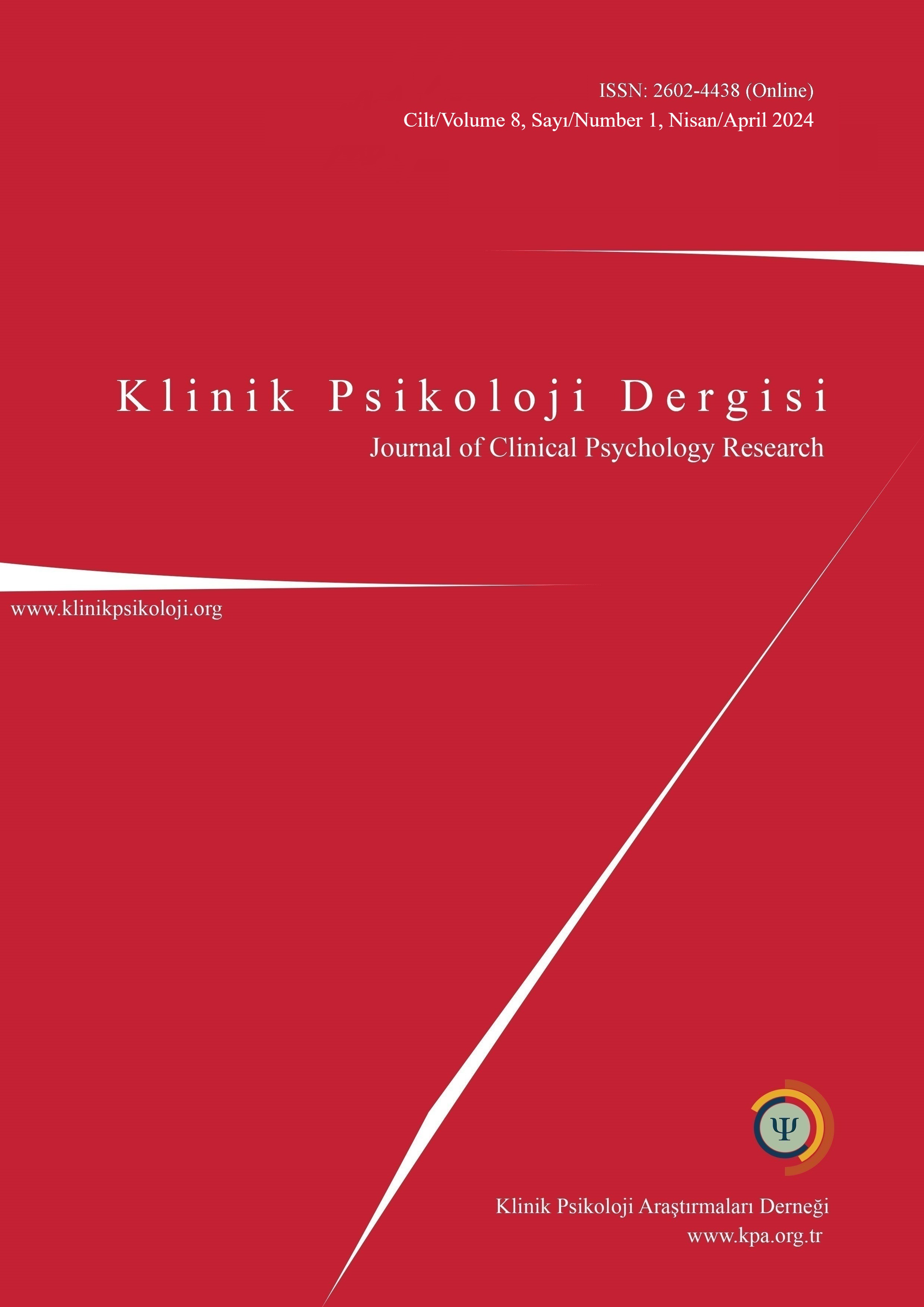Şizofrenide otobiyografik bellek: Hastalık ve başarı anılarının özgüllüğü, işlevleri ve fenomenolojik özellikleri
Autobiographical memory in schizophrenia: Specificity, functions and phenomenological characteristics of illness- and achievement-related memories
Author(s): Emirhan Emir, Aysu MutlutürkSubject(s): Social Sciences, Psychology, Cognitive Psychology, Clinical psychology
Published by: Klinik Psikoloji Araştırmaları Derneği
Keywords: Autobiographical memory; meaning-making; memory functions; phenomenology; schizophrenia; specificity;
Summary/Abstract: Research has shown that people with schizophrenia remember illness-related memories more frequently than healthy controls and rarely remember achievement-related memories. To date, to the best of our knowledge, no research has been conducted to understand how and with what function schizophrenia patients remember their illness- and achievement-related memories. This study aimed to investigate this issue focusing on specificity, meaning-making, functions, phe-nomenology, and centrality of illness- and achievement-related memories. A group of schizo-phrenic patients (n = 30) were asked to report their memories related to their illness and achieve-ments and evaluate each memory in terms of functions, phenomenology, and centrality. Results showed that compared to achievement-related memories, illness-related memories (1) were more specific; (2) included more negative emotions, more intense experience of traveling back in time and less information about the spatial layout. It was also found that both illness- and achieve-ment-related memories served the directive function more than the self and the social functions. However, memory type did not impact memory functions, meaning-making, and the centrality of the event. These findings suggest that illness-related memories may be more accessible and lead to an increased conscious recollection among patients with schizophrenia. The fact that both types of memories served the self and the social functions less and included less meaning-making may support the previous findings that patients with schizophrenia may have problems in making sense of their memories and associating them with the self. We believe that our find-ings may provide insights into how schizophrenia patients integrate their experiences into the self, and the mechanisms underlying schizophrenia.
Journal: Klinik Psikoloji Dergisi
- Issue Year: 8/2024
- Issue No: 1
- Page Range: 1-17
- Page Count: 17
- Language: Turkish

